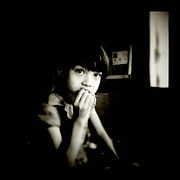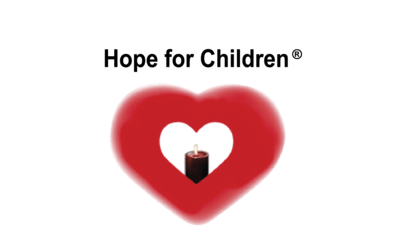Symptoms of Child Abuse
Posted by Patrica on Apr 8th 2018
Symptoms of child abuse could be warning signs to investigate and provide appropriate protection for a child. Be Aware of the Physical Signs of Child Abuse and Neglect.
Signs and symptoms and behavioral warning signs a child may have been sexually and or physically abused is possible to better detect. Allow us to help you learn and help you be more aware of the physical signs of child abuse and neglect, changes in the child’s relationships with peers and other behavior changes. Remember that if something does not seem right to a child, it usually is not right and the situation merits getting to the root of the problem. Listen to children, believe them; they usually do not lie about child abuse. Should a child tell you certain things that would lead you to believe the child is the victim of sexual abuse, believe the child! Let the child know that they did the right thing by telling you and that you are going to try to help them. Make sure the child understands that they are not in trouble for telling the truth.

Investigate Symptoms of Abuse While Respecting A Child’s Privacy
Always respect the privacy of the child and only discuss the situation with those who have a need to know such as the authorities. Some of the following behavioral signs can show up at other stressful times in a child’s life such as divorce, the death of a family member, friend or pet, or when there are problems in school, as well as when abuse is involved. Any one sign doesn’t mean the child was abused, but several of them mean that you should begin asking questions.
Symptoms of Abuse to Expect From preschoolers thru second grade
The following symptoms are age related to children: Preschool through Second Grade – Helplessness and passivity; sexual acting out and/or acting out acts of aggression; generalized fear; cognitive confusion (e.g., do not understand that the danger is over); difficulty identifying what is bothering them; lack of verbalization, repetitive nonverbal traumatic play, unvoiced questions; attributing magical qualities to traumatic reminders; sleep disturbances (night terrors and nightmares; fear of going to sleep; fear of being alone, especially at night); anxious attachment (clinging, not wanting to be away from parent, worrying about when parent is coming back, etc.); regressive symptoms (thumb sucking, regressive speech); anxieties related to incomplete understanding about death; fantasies of “fixing up” the dead; expectations that a dead person will return, e.g., an assailant.
Symptoms of Abuse to Look for with Third thru Fifth Graders
Third through Fifth Grade – Preoccupation with their own actions during the event; issues of responsibility and guilt; specific fears, triggered by traumatic reminders or by being alone; retelling and replaying of the event (traumatic play); cognitive distortions and obsessive detailing; fear of being overwhelmed by their feelings (of crying, of being angry); impaired concentration and learning; sleep disturbances (bad dreams, fear of sleeping alone.); concerns about their own and others’ safety, e.g.., worry about siblings; altered and inconsistent behavior, (e.g., unusually aggressive or reckless behavior, inhibitions).
Symptoms of Abuse in Responses of Adolescents – Sixth Grade and Up
Adolescents – Sixth Grade and Up – Detachment, shame and guilt (similar to an adult response); self-consciousness about their fears, sense of vulnerability, and other emotional responses; fear of being labeled abnormal; post-traumatic acting out e.g., drug use, delinquent behavior, sexual acting out; life threatening re-enactment; self-destructive or accident-prone behavior; abrupt shifts in interpersonal relationship-such as a joyful response followed by an abusive response to another person when an abusive response was not justified; desires and plans to take revenge; radical changes in life attitudes, which influence identity formation; premature entrance into adulthood (e.g. leaving school or getting married); reluctance to leave home; complaints about their own body; close monitoring of parent’s responses and recovery; hesitation to disturb parent with own anxieties; concern for other victims and their families; feeling disturbed, confused and frightened by their grief responses; fear of ghosts.
When to Make an Official Report
Do you notice some of the above behaviors in children you know well? If so make the official report and do what ever is possible to help them.
Thank you for taking time to read this for the benefit of our nation’s precious children!
I cannot thank you enough,
Hope For Children Foundation
https://hopeforchildrenfoundation.org/

